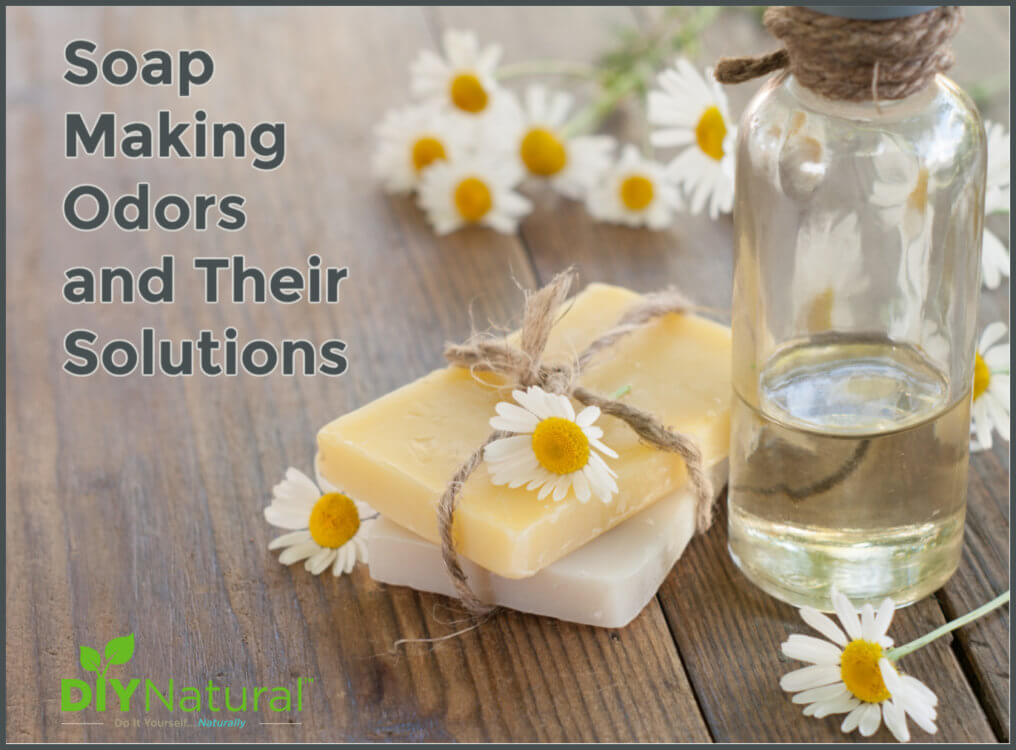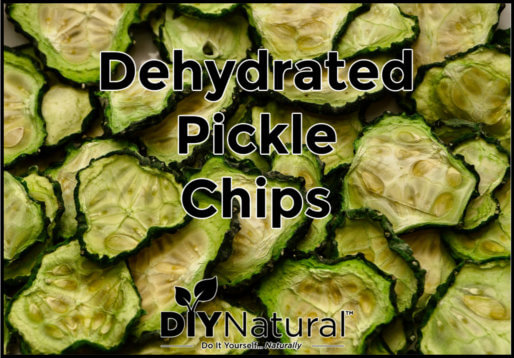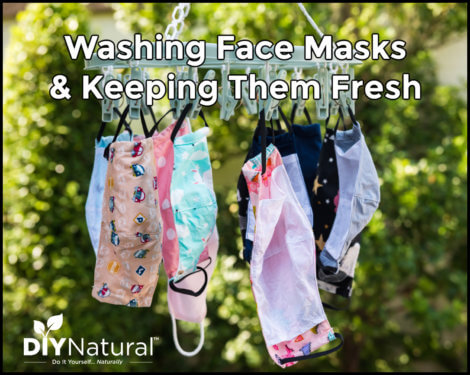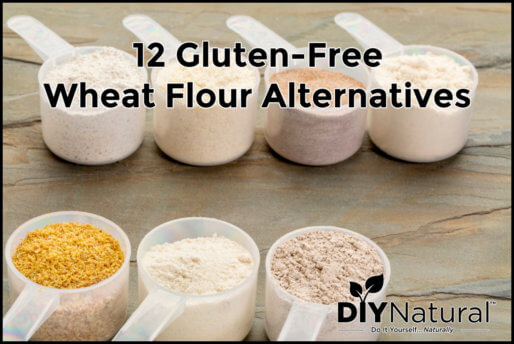
Have you ever soapmaking odors while making soap? Certain materials will always cause odors but there are some tips and tricks that can help eliminate them.
By now, everyone knows how much I love making soap. I’ve used some strange things in soaps, and some of them make sense, like oatmeal and dried botanicals. But some things, like beer and vegetable purees, can leave you with some pretty weird odors. Here’s a guideline for what causes these smells and what you can and can’t do about them.
Soapmaking Odors
When you’re making soap and working with lye, lye changes things. Some things, like oils, convert to soap, leaving no oil or lye behind. That’s the cool part of soap making. Some things, however, change too much in a process called transmogrification. This means to change or alter greatly. Basically, lye can and will cause rot and degradation in some materials. Some, like beer, wine, some teas, and coffee, will change with a partial break down, causing a distinct smell. I refer to this as “soap stink”. This stink is common in materials that can break down quickly.
Avoid Quick Oats and Chamomile
The above-mentioned liquids commonly produce the stink, but some herbs and other additives can cause it too. Quick oats are often a culprit, leaving me to use whole rolled or old fashioned oats instead. Chamomile can cause the stink too, possibly because of a chemical reaction.
Avoid Fruit and Veggie Purees and Fresh Herbs
Vegetable and fruit purees can also cause partial rot, leaving you with soapmaking odors. Some other causes may be fresh plant material, like jewelweed. Jewelweed is one herb that needs to be used fresh, so drying is not an option here. Fresh herbs will almost always cause problems, so using dried herbs is usually preferred.
Solutions to Stinky Soapmaking
Be Patient
The soap stink rarely lasts. Once the soap is fully cured, the smell will have faded, and many times be gone. I have cut into a soap that was not fully cured, and a week later, the smell was faded almost to the point of being gone. And a week after that you’d have never known it was there in the first place. My best advice: if you experience soapmaking odors, simply wait. Most every time, it will be gone in a few weeks.
Vegetable Glycerine for Fresh Materials
When working with fresh material, like the jewelweed, it’s best if you can do some sort of preservation with it before. I soak mine in liquid vegetable glycerin for a week or so before introducing it to the raw soap batter. This will form a bit of a barrier before the lye does its job. It will give the jewelweed a chance to blend before the lye can transmogrify it.
Oils for Dried Materials
You can apply the same theory to dried material that may cause soapmaking odors, like quick oats or chamomile. Dried botanicals can be soaked in oil for a short time, like making an herbal oil infusion, but quicker. The oil will coat the herb and soak in, forming a barrier here too.
Preserved Rather Than Pureed
When using fresh purees, you’ll nearly always face the stink. Instead, opt for something that is already processed. This could mean using pumpkin puree that has been canned instead of fresh pumpkin or strawberry jam rather than fresh strawberries. This variation will often allow the soap to saponify, or become soap, without any strange odors. Every fall I make a batch of pumpkin puree and can it just for use in my soaps.
Trial and Error with Soapmaking Odors
As a last resort, like with beer and wine, you can just let it ride. Oftentimes waiting is your best option. And if the smell is still there, you can always shred the soap and use it for your laundry or some other cleaning application. Still worried about the smell? Once the soap is mixed with baking soda or washing soda, the smell will disappear. Add a bit of orange or lime essential oil if needed and you’ve got a great natural laundry soap.
Do you have experience with soapmaking odors? Share your experience with the rest of us.
*******



